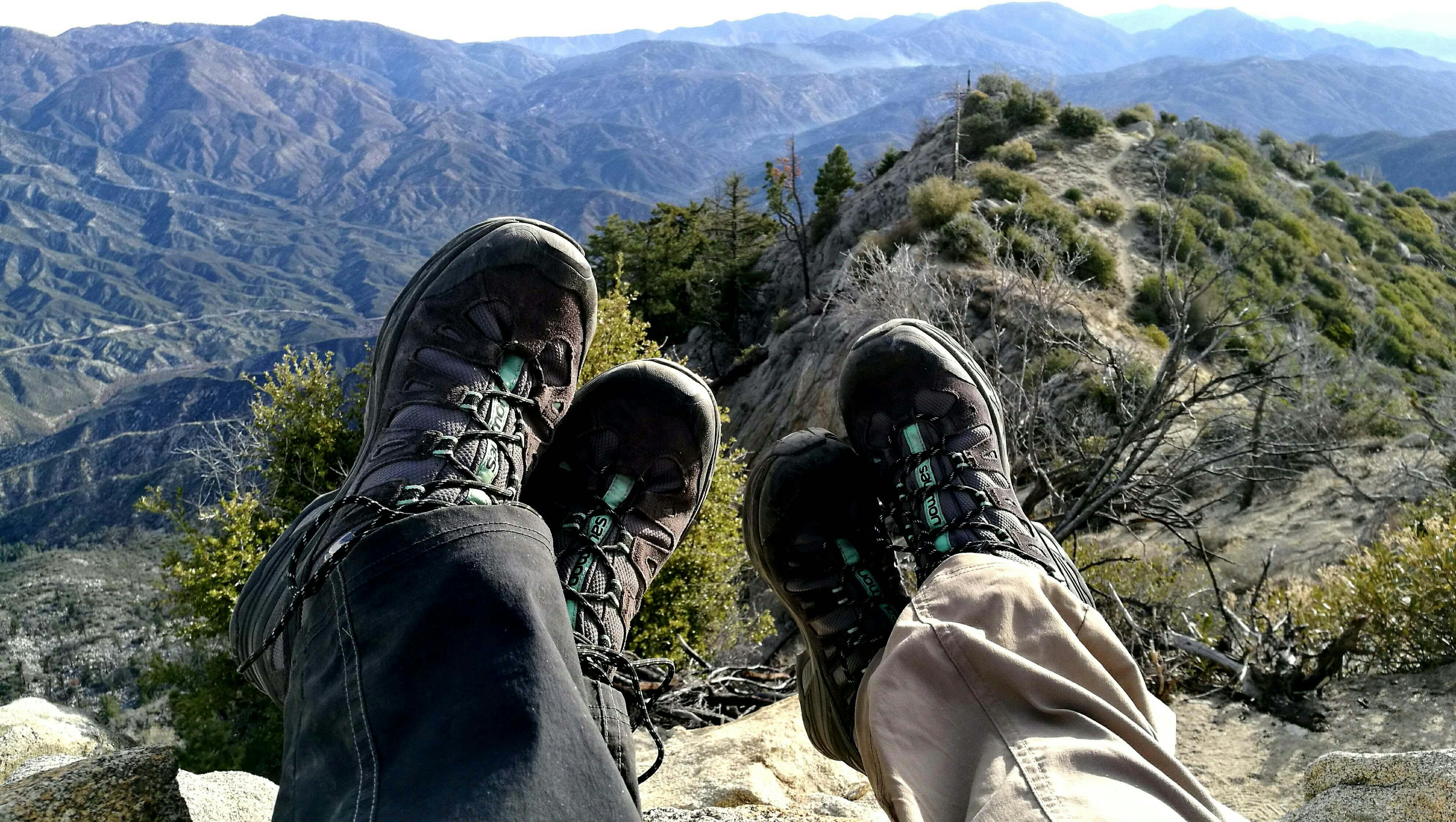Phuket Island is the largest island in Thailand and one of the most popular vacation destinations in the world. Although it is an island, it is connected to the rest of Thailand by two bridges. Phuket is the name of the island; it is also the name of the city on the island of Phuket and the name of the province to which the island of Phuket and some smaller islands near the island of Phuket belong.
Phuket Island is similar in size to Singapore and the island was well known to many people around the world throughout history, especially traders and travelers as it was on the important trade route between India and China. . It used to be mentioned many times in the ship logs of travelers from many countries, especially from Portugal, Holland, United Kingdom and France.
It has been a prosperous place, previously prosperous from tin and rubber, and today mainly from tourism.
In the past, the island was called Junk Celyon. The modern name “Phuket”, like the earlier name Junk Celyon, comes from Malay and means “hill”. To people who come to Phuket from the sea, the island appears as a hill.
Because Phuket was the source of valuable tin, in the 17th century the Western powers of France, Holland, and England vied for control of Phuket’s tin trade. The French controlled the island for some time, but were eventually pushed out by the Thais. Later, the Burmese tried to conquer Phuket but were unsuccessful. As the Burmese forces were preparing to invade Phuket, the British captain saw them and warned the Phuket authorities.
Two local women, the wife of the deceased governor and her sister quickly organized some defensive forces which they were able to muster quickly and successfully resisted the Burmese invasion for a month. After a month-long siege, the Burmese were forced to withdraw and the two local women became the heroines of Phuket.
On December 26, 2004, Phuket and other areas of Thailand on the Andaman coast were hit by tsunami waves caused by the earthquake under the Indian Ocean. Tens of thousands of people died in Southeast Asia and 5,300 people in Thailand, mostly foreign tourists. In Phuket province, 250 deaths were reported, but there were many more deaths (around thousands) of illegal Burmese workers who were building a new spa in the Khao Lak area.
Many beaches and some towns in Phuket were destroyed or damaged by the tsunami, mainly on the west coast (especially Kamala, Patong, Karon and Kata beaches) and also in some areas on the south coast.
The reconstruction of Phuket started and progressed very quickly after the tsunami and most of the resorts and hotels were back in operation in February 2005. Throughout 2005 all damaged areas in Phuket province were restored.
Today, Phuket is protected by an American-invented tsunami protection system made up of twenty-two buoys that float in the Indian Ocean and are part of the global tsunami warning system.
